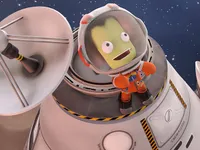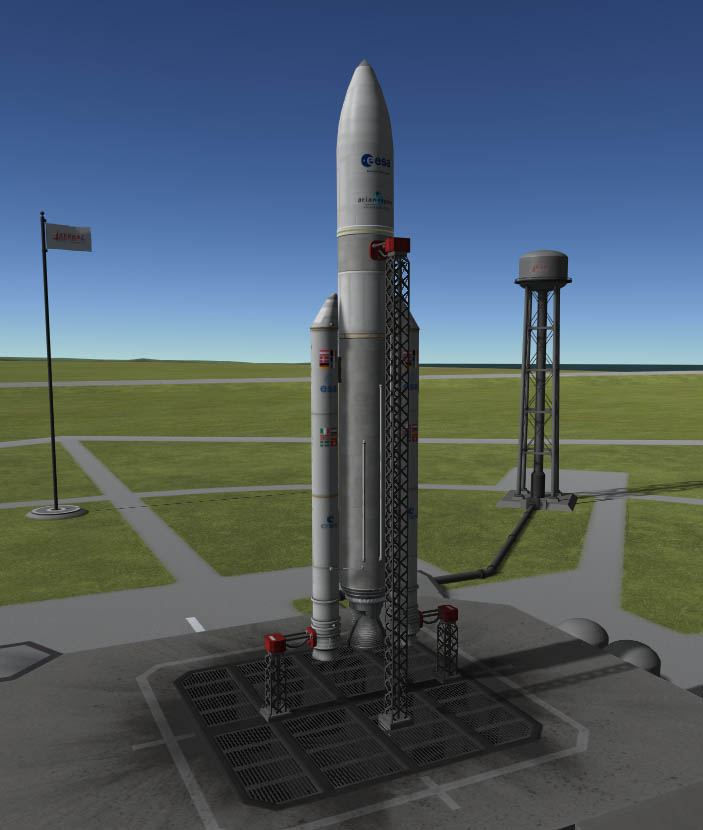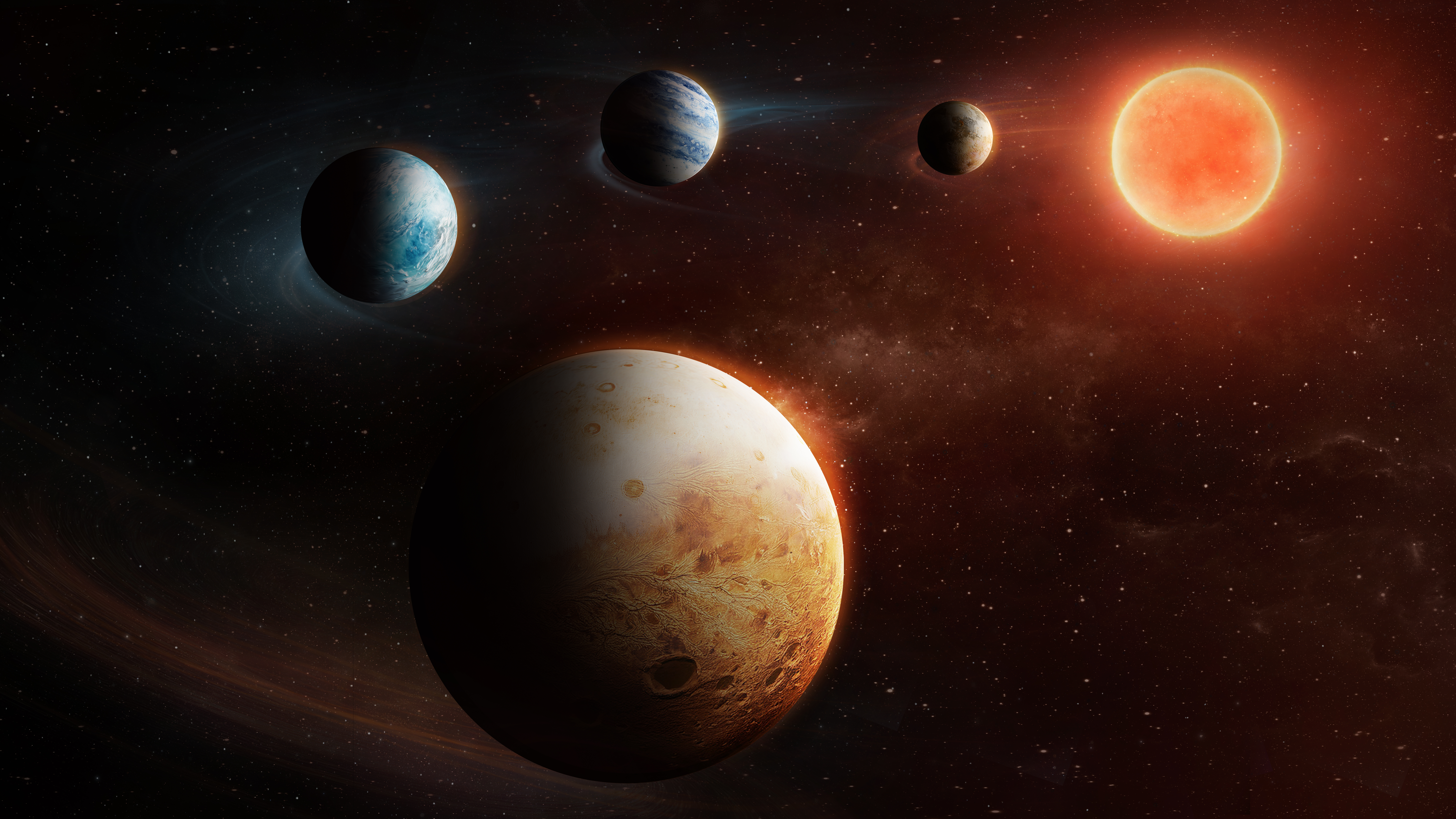'Kerbal Space Program' launches epic European missions in 'Shared Horizons' expansion
ESA scientists are thrilled to see their missions in the game.
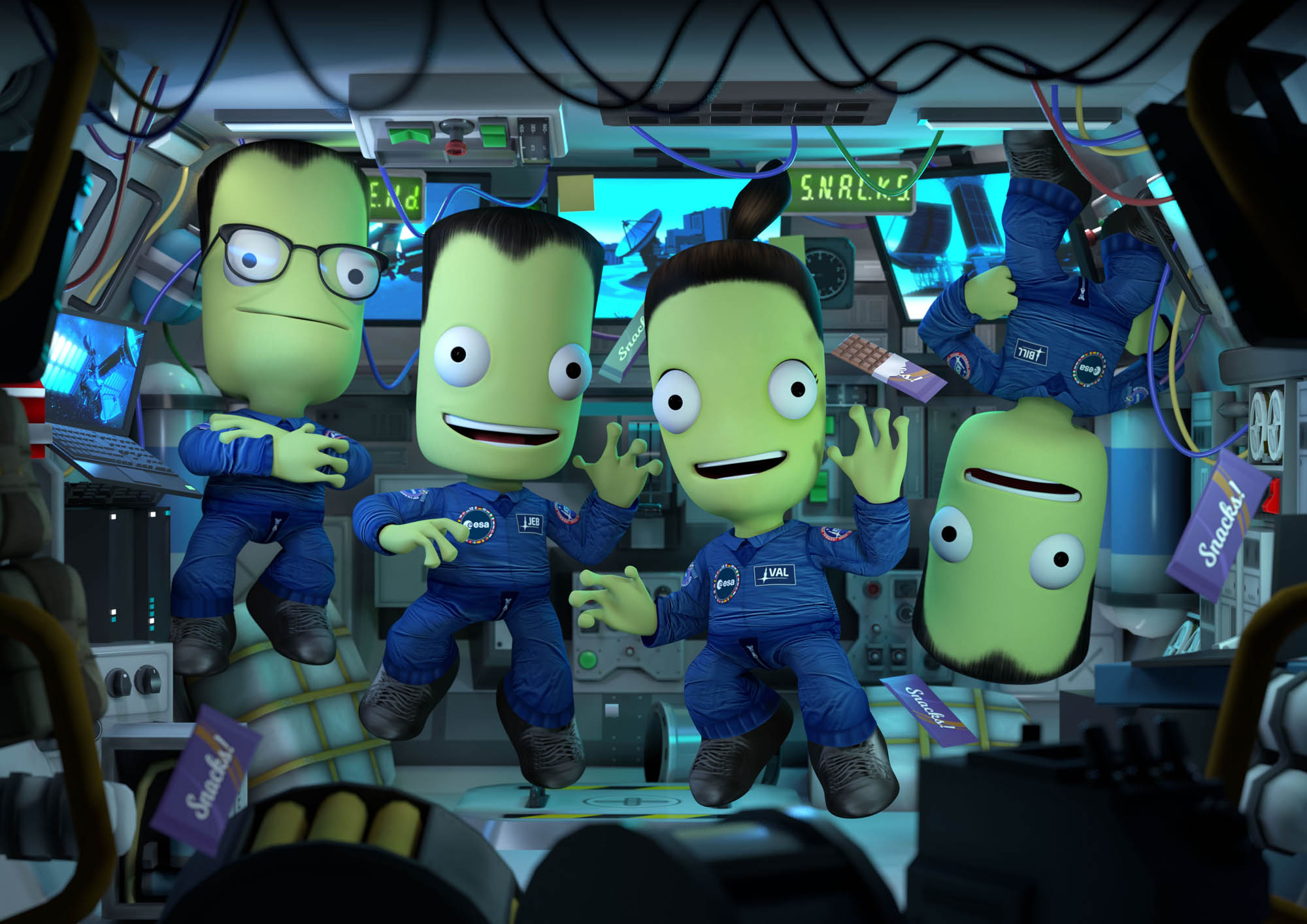
Breaking space news, the latest updates on rocket launches, skywatching events and more!
You are now subscribed
Your newsletter sign-up was successful
Want to add more newsletters?

Delivered daily
Daily Newsletter
Breaking space news, the latest updates on rocket launches, skywatching events and more!

Once a month
Watch This Space
Sign up to our monthly entertainment newsletter to keep up with all our coverage of the latest sci-fi and space movies, tv shows, games and books.

Once a week
Night Sky This Week
Discover this week's must-see night sky events, moon phases, and stunning astrophotos. Sign up for our skywatching newsletter and explore the universe with us!

Twice a month
Strange New Words
Space.com's Sci-Fi Reader's Club. Read a sci-fi short story every month and join a virtual community of fellow science fiction fans!
"Kerbal Space Program," the physics-based space simulator, launches into the European frontier today (July 1) with its new "Shared Horizons" update, which adds a new rocket to the game and allows players to recreate European Space Agency (ESA) missions to a comet and Mercury.
Elsa Montagnon, the spacecraft operations manager for a European-Japanese BepiColombo Mercury mission, is ecstatic that her mission features in the "Kerbal Space Program" update, which is free for current players.
"I'm thrilled and I think it's a super-good idea," Montagnon told Space.com about including BepiColombo in the game. "Kerbal is a nice way of making space accessible to people not in the field. The new missions in there [from ESA] give people a feeling that all of this exciting stuff you can do with Kerbal, you can do in real life, too."
Related: Read more space game news here!
Kerbal Space Program | $36.79 (Save 8%)
Recreate ESA missions or just watch your creations explode in the pursuit of the Mun and beyond in this space exploration game.
The new Kerbal "Shared Horizons" expansion includes BepiColombo, the prolific European Ariane 5 launch vehicle and the Rosetta comet mission, which launched in 2004 and came to a dramatic end in 2016 after deliberately crash-landing on Comet 67P/Churyumov-Gerasimenko. Rosetta also deployed a lander, Philae, on 67P's surface.
Montagnon has been involved with BepiColombo, which is a collaboration with the Japanese Aerospace Exploration Agency (JAXA), since the mission's planning stages in 2007. Montagnon is now part of the team communicating with the spacecraft stack three times a week to steer it through nine planetary flybys; once a week, the team collects data from a subset of instruments.
BepiColombo's next flyby is Venus in October, and an engine firing is planned for late July. If all goes to plan, BepiColombo will enter Mercury's orbit in late 2025 and exploration will commence with two separate spacecraft: the Mercury Planetary Orbiter and the Mercury Magnetospheric Orbiter.
Breaking space news, the latest updates on rocket launches, skywatching events and more!
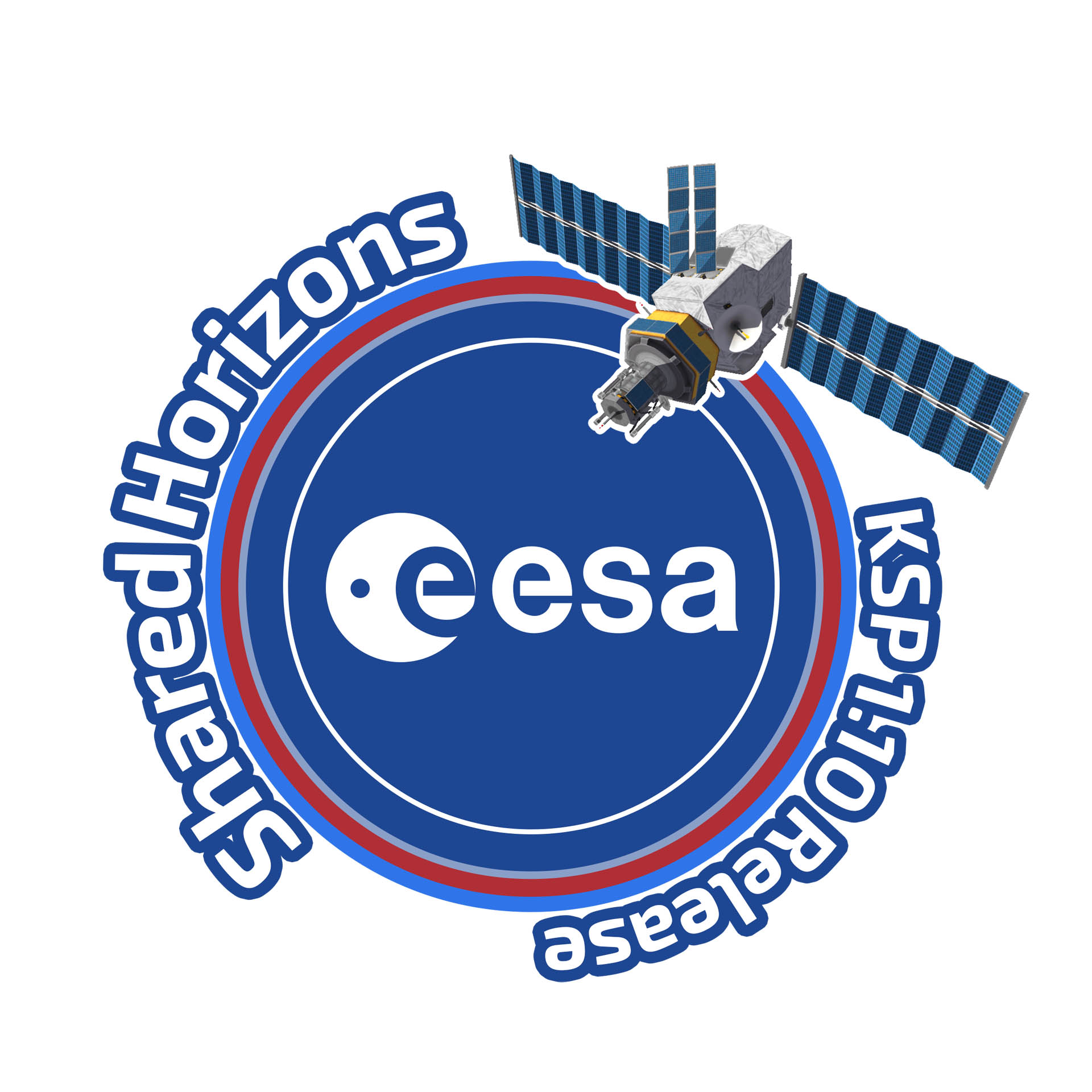
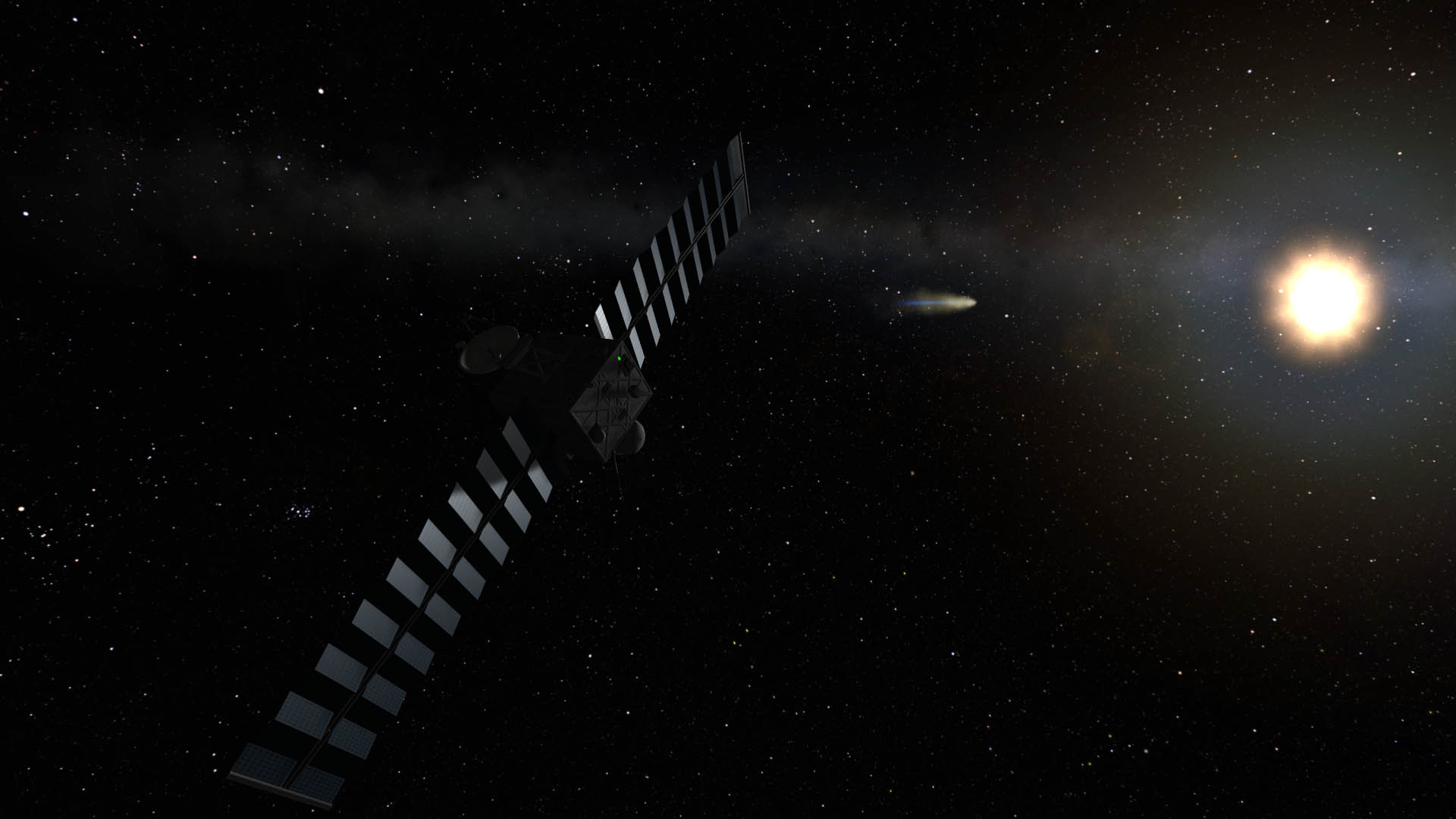
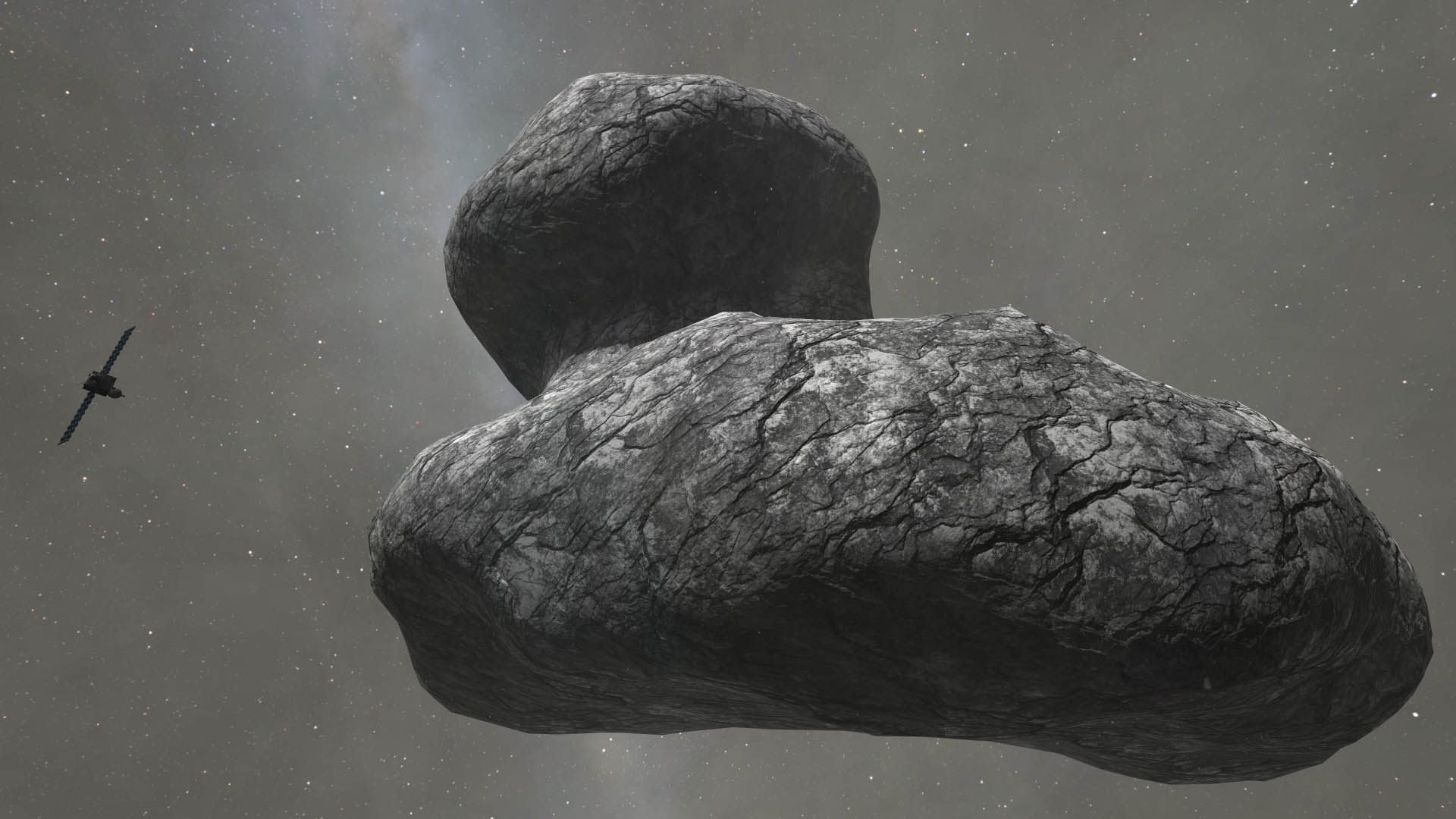
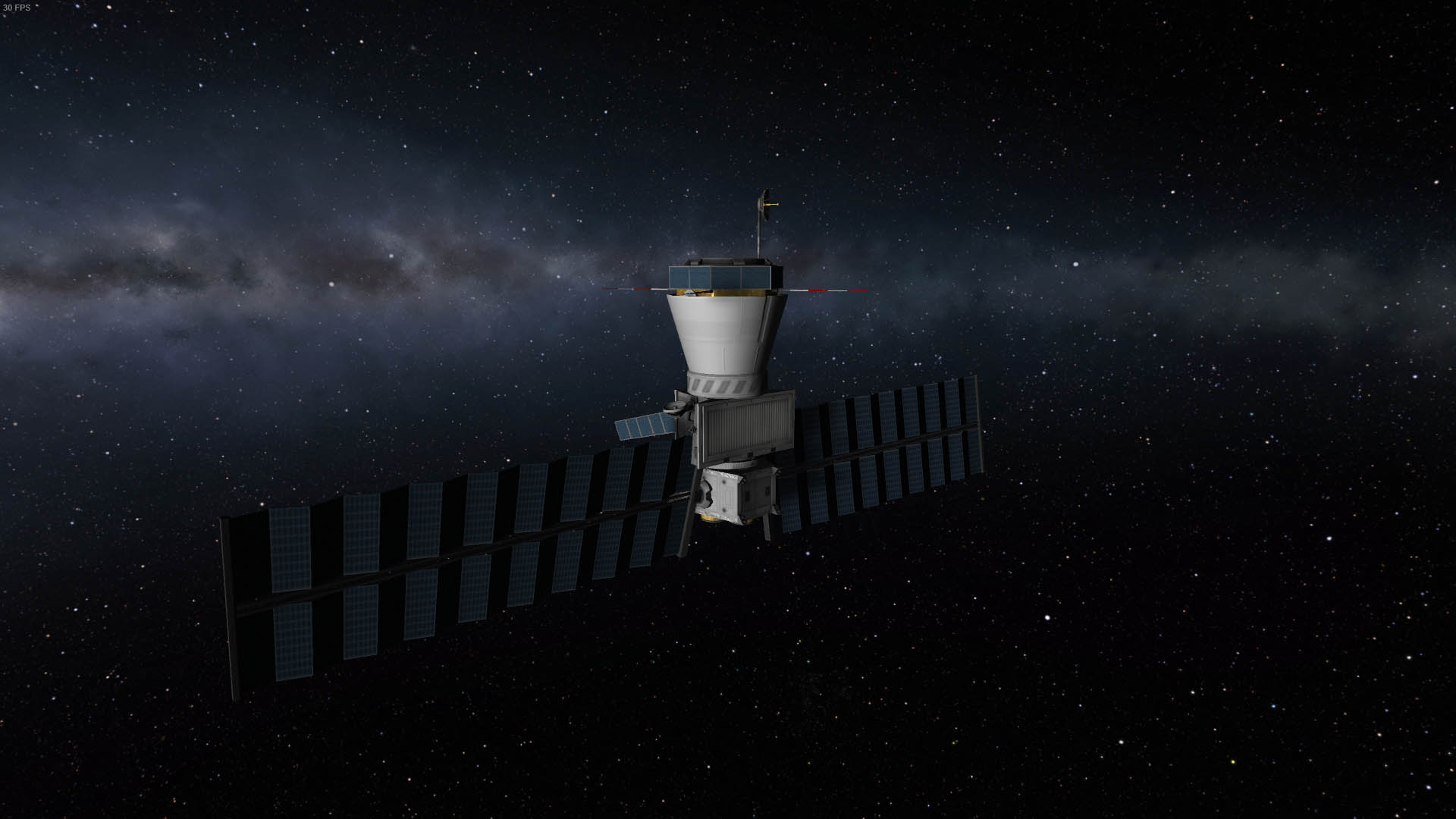
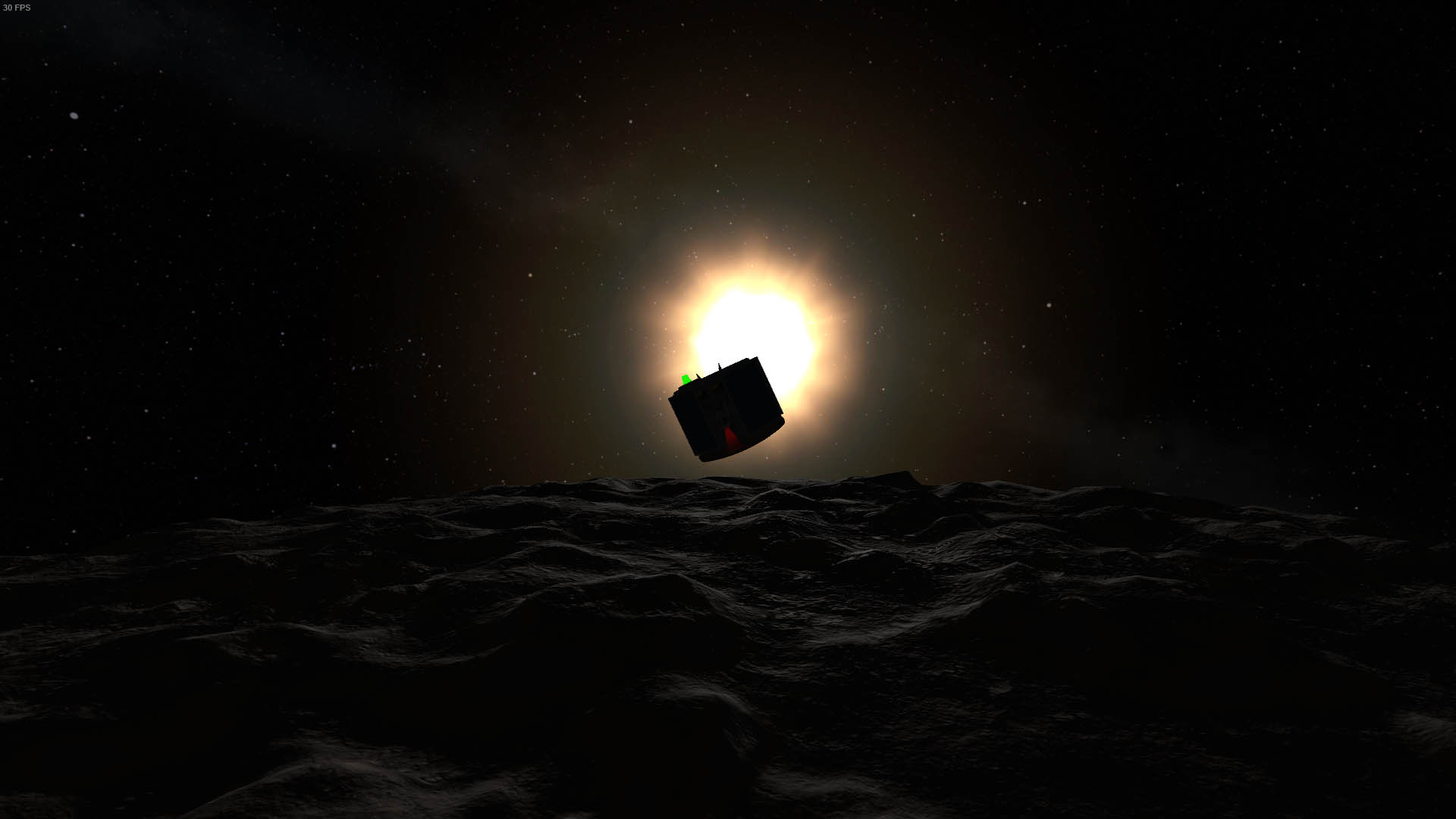
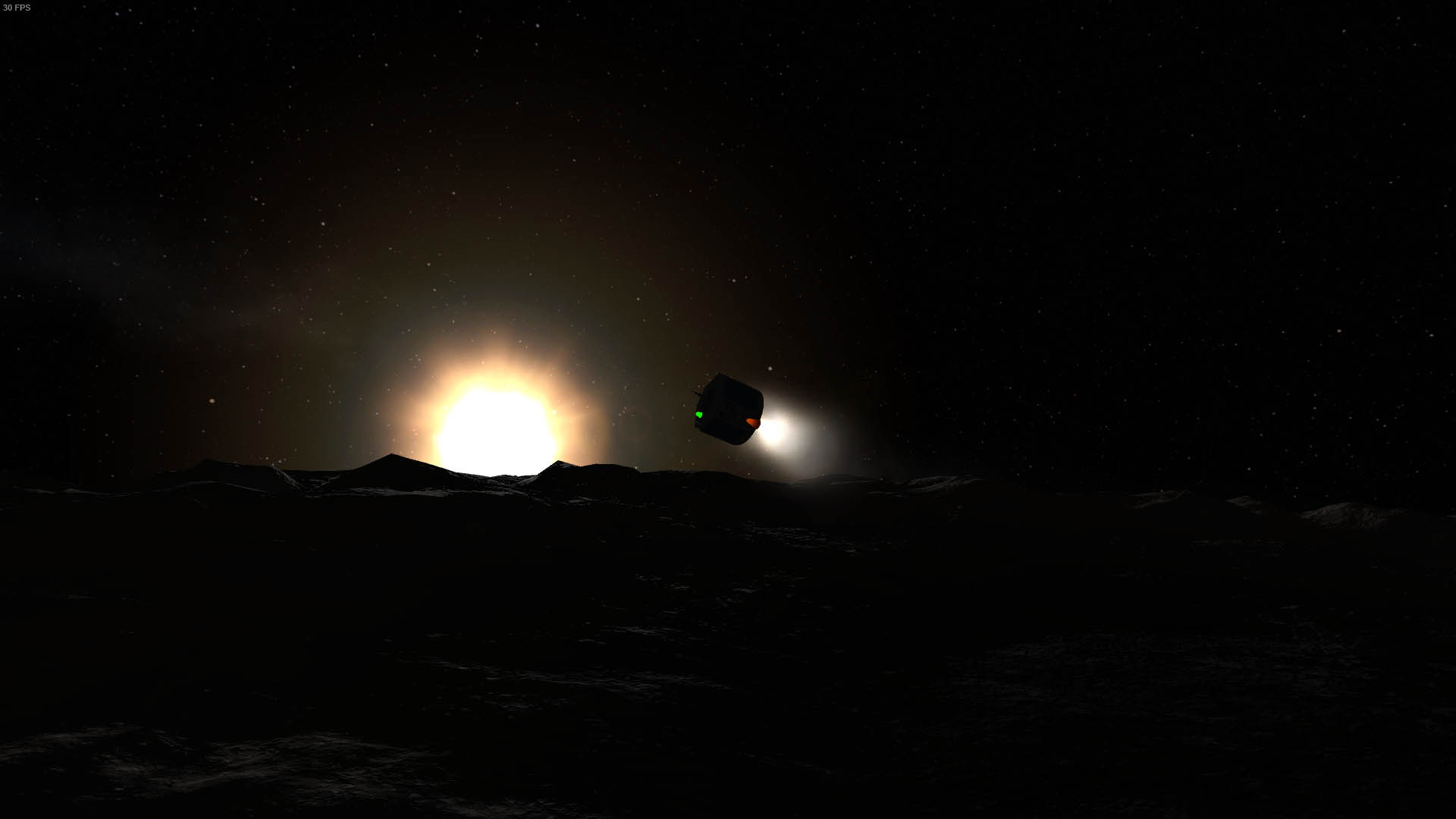
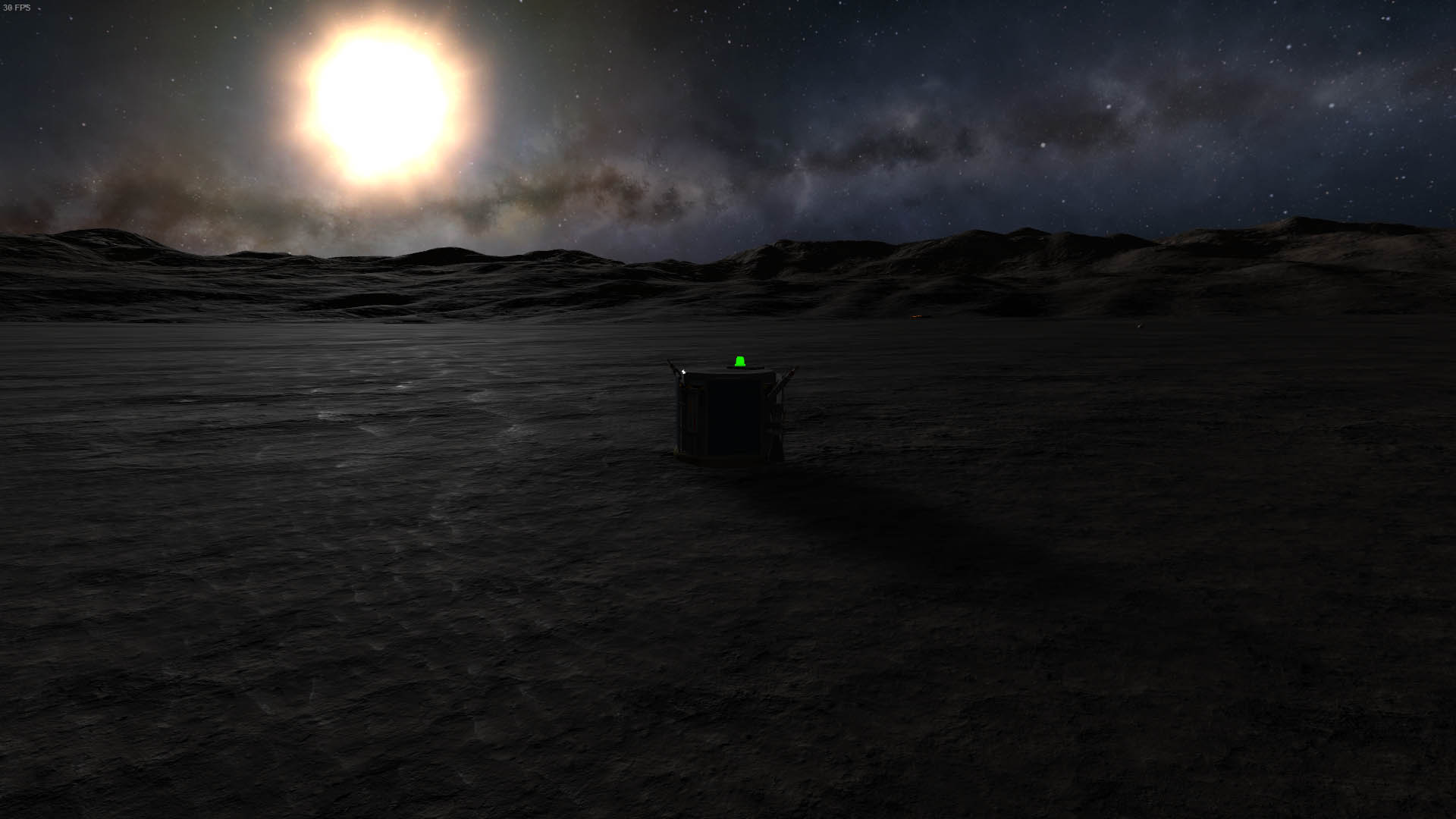
Montagnon tried out Kerbal for the first time recently, she said, to get a feel for how BepiColombo will behave in the physics-based space simulator. She said the experience is fairly accurate, although there were some slight modifications to make BepiColombo easier to control in the game than real life.
"It [Kerbal] is a fantastic opportunity to get in touch with yet another community on our planet and make contact with these people who are passionate about space," Montagnon said, but added she has been on maternity leave twice recently and doesn't expect to have a lot of time to play the game for leisure. She said she plans, however, to introduce her children to Kerbal (when they get a little older) and to play with them.
The free update requires players to have the base game available already. Besides using Ariane 5, BepiColombo and Rosetta, players can try out an ESA spacesuit as well as new rocket components and science experiments.
In the game, BepiColombo will be launching to an equivalent world to Mercury, called Moho. Each of the solar system worlds have different names in the Kerbal universe, with Kerbin being an analogue to Earth and Earth's moon equivalent called Mun.
"Kerbal Space Program" has brought in real-life exploration into its program before. In 2018, the game's "Making History" expansion let players recreate famous missions in space history, and a "Breaking Ground" expansion included planetary rovers and surface exploration features.
In May, game developer Private Division and NASA asked Kerbal players to recreate the SpaceX Demo-2 Crew Dragon launch that brought two NASA astronauts in a SpaceX spacecraft to the International Space Station. The May 31 launch was the first time astronauts went to orbit from Florida since the space shuttle fleet was retired in 2011.
Private Division plans a sequel to Kerbal, called "Kerbal Space Program 2". The new game will use interplanetary travel technologies and is planned for launch in fall 2021.
Follow Elizabeth Howell on Twitter @howellspace. Follow us on Twitter @Spacedotcom and on Facebook.

Elizabeth Howell (she/her), Ph.D., was a staff writer in the spaceflight channel between 2022 and 2024 specializing in Canadian space news. She was contributing writer for Space.com for 10 years from 2012 to 2024. Elizabeth's reporting includes multiple exclusives with the White House, leading world coverage about a lost-and-found space tomato on the International Space Station, witnessing five human spaceflight launches on two continents, flying parabolic, working inside a spacesuit, and participating in a simulated Mars mission. Her latest book, "Why Am I Taller?" (ECW Press, 2022) is co-written with astronaut Dave Williams.
